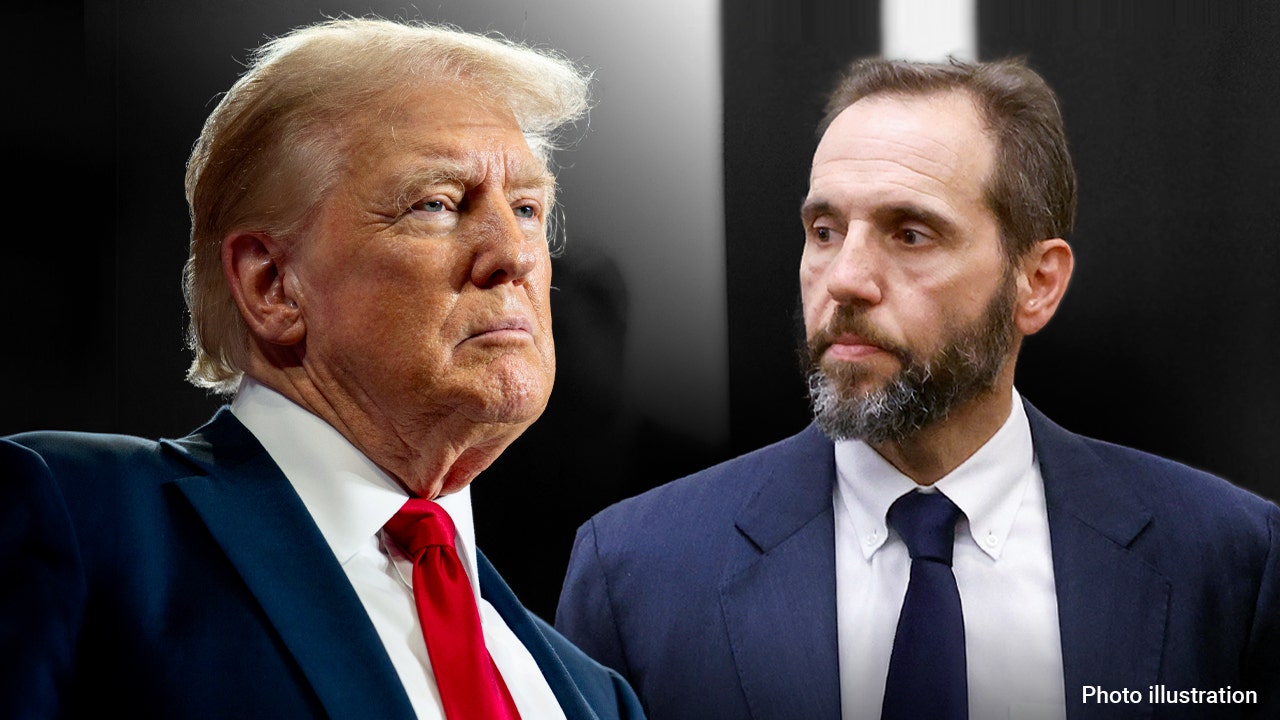Bestselling author and leadership expert Simon Sinek recommends asking one simple question to help people trust you: Can you help me out?
It’s “such a common misunderstanding” that asking for help makes you seem weak, but people are actually more inclined to trust you when you ask them for assistance than the other way around, Sinek said during a conversation with comedian Trevor Noah at the Brilliant Minds 2024 conference.
Think about the last time a friend of yours needed advice or guidance, but never asked you for it. If you felt frustrated by the situation, you’re not alone, said Sinek. “A friend of mine went through something … I’m like, ‘Haven’t talked to you in a couple weeks.’ And he slowly started to say, ‘I’ve been struggling,'” he recalled. “I said, ‘Why didn’t you call me?’ And he said, ‘I didn’t want to bother you.'”
“My immediate reaction was, ‘You ass—-. How dare you be so selfish to deny me the honor of being there for you in your time of need,'” Sinek continued.
Trust is built when a person still makes an effort to ask for help, even when they don’t want to, Sinek said. The same can apply to relationships with your boss, mentor or colleagues: Asking genuine questions in professional settings and being honest about your struggles can help you build strong, trusting relationships, according to emotional intelligence researcher Jenny Woo.
“People with high emotional intelligence openly share their setbacks. They are not afraid to reveal their fears and failures. They see vulnerability as a strength and a means to build deeper connections,” Woo wrote for CNBC Make It in July.
Questions like “What are your thoughts on…?” or “How do you feel about…” can help encourage open-ended dialogue with the people around you, whether at work or in your personal life. “The most emotionally intelligent people have an exceptional ability to weave questions into any conversation to spark and sustain interest,” wrote Woo.
Being vulnerable and asking for help can be difficult: Humans are hardwired to be independent-minded and want to figure situations out on their own, leadership coach M. Nora Bouchard told Make It in 2020. People may fear being a burden to others, and sometimes have trouble trusting other people’s intentions.
Try asking for help in smaller situations first, like suggestions on what to make for dinner or which dog parks your friends and colleagues like the best, Bouchard advised. After a while, you’ll build a rapport with the people around you and grow comfortable leaning on them in tougher situations.
“Try to create this team of helpers, so that asking for help later on when you really need it isn’t such a big deal,” Bouchard said.
Want to be a successful, confident communicator? Take CNBC’s online course Become an Effective Communicator: Master Public Speaking. We’ll teach you how to speak clearly and confidently, calm your nerves, what to say and not say, and body language techniques to make a great first impression. Get started today.
Plus, sign up for CNBC Make It’s newsletter to get tips and tricks for success at work, with money and in life.
Read the full article here


















